SAN JUAN, Puerto Rico - Speaking at a reestablishment ceremony to a formation of Soldiers, VIPs and a small crowd of visitors at Fort San Felipe del Morro, Lt. Col. Jeffrey Jurasek, commander, 402nd Civil Affairs Battalion, said, "my officers will lead from the front; my NCOs [non-commissioned officer] will lead by example; and my Soldiers will complete their mission with technical and tactical proficiency and set the example to which all other Soldiers should strive to achieve."
This ceremony signifies the establishment of the first U.S. Army Civil Affairs and Psychological Operations Command (Airborne) unit, based outside of the Continental United States and the first to be established on the island of Puerto Rico.
Civil Affairs units act as a liaison between the civilian population of a warzone or disaster area and the military presence, both informing the local commander of the status of the civilian populace as well as effecting assistance to locals by either coordinating military operations with non-governmental organizations or distributing direct aid and supplies.
Civil Affairs is not a new concept to the U.S. Army. In fact, Civil Affairs can be traced as far back as Gen. George Washington. Maj. Gen. David A. Morris, commanding general, USACAPOC(A), said in 1778 General Washington realized the city of Philadelphia needed a lot of reconstruction and help. According to Morris, "he [Washington] turned to many of his officers in the Colonial Army who had specific civilian skills and asked them to help bring governance and law and order back to the city of Philadelphia so they could begin the rebuilding process. The history of that mission is continued today."
Civil Affairs units are comprised primarily of civilian experts such as doctors, lawyers, engineers, police, firemen, bankers, computer programmers, farmers, and many others. These Soldiers assess needs for critical infrastructure projects such as roads, clinics, schools, power plants, and water treatment facilities drawing greatly from their not only their military training but also their civilian acquired skills and occupations.
Civil Affairs Soldiers also provide commanders cultural expertise, assess the needs of the civilian community, deals with civilians on the battlefield, manages refugee operations, as well as keeping commanders informed of protected areas such as schools, churches, and hospitals. They also interface with local and international non-governmental organizations and private volunteer organizations.
Brig. Gen. Mark Hendrix, Commander, 350th Civil Affairs Command, said the primary region of responsibility of the 402nd will be the U.S. Southern Command area encompassing Central and South America. "[The move] is such a perfect fit for the 402nd since our concentration is on Latin America. We are able to tap into the cultural and language expertise of Soldiers from Puerto Rico. While the 402nd has a primary responsibility to the SOUTHCOM Area of Operation, Lt. Col. Jurasek said, "the unit is trained and prepared to carry out civil affairs missions world wide as needed."
Civil Affairs units are very versatile and bring to the table numerous skills and vast education and can operate in any environment. According to Maj. Gen. Morris, his units can provide some functional expertise to a nation as they rebuild after a war. "More importantly," he said, "we can work in an area such as a third-world country - perhaps the Horn of Africa - in a preventative way to help establish some good health mechanisms."
One such preventative measure is through the use of veterinarians who may go to an area to provide care for animals. Vets teach people the importance of caring for their animal herds as these may be the primary source of income or a people's main food source.
"We do these types of missions for several reasons," Morris said. It helps establish a U.S. presence in an area and "it sends a message to the people that the United States is their friend because we are there to help them. More importantly, we 're not there just to give them things, but rather teaching them how to do it for themselves."
Ultimately, the goal of civil affairs is to help people. It is the helping aspect that attracts some Soldiers to the field. Being a Civil Affairs Soldier, according Sgt. 1st Class Dixie Clark, acting 1st Sergeant, Headquarters, Headquarters Company, 402nd Civil Affairs Battalion, is about helping people. "I've been in civil affairs for about 12 years. The missions I've been involved in are about helping people and humanitarian efforts. To me, the most important thing is knowing you helped somebody-you've done something good.""
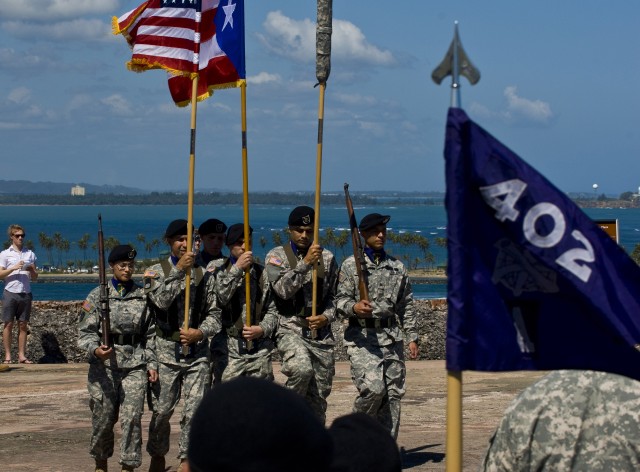
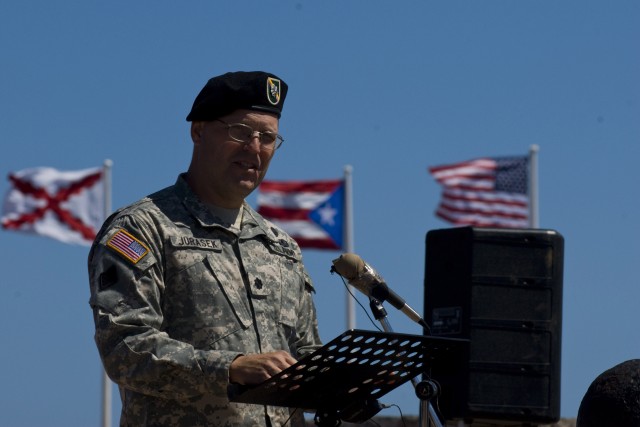
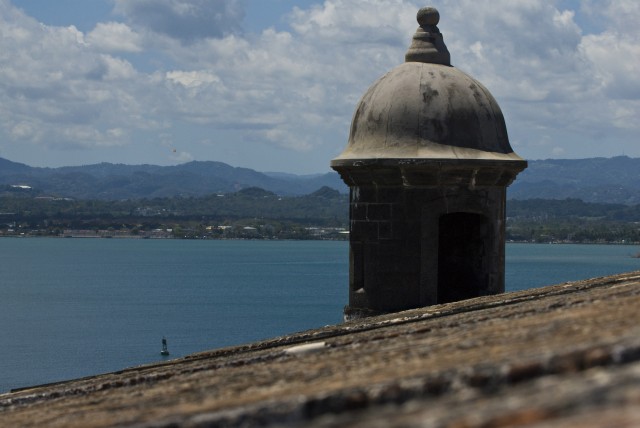
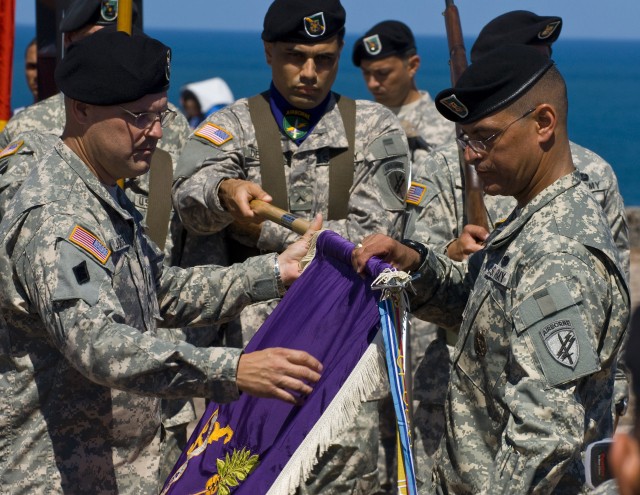
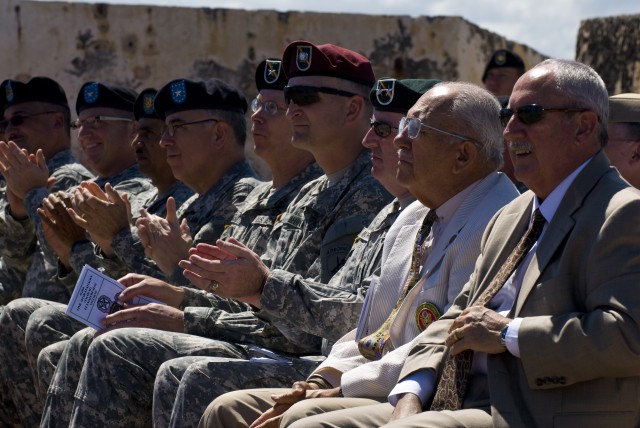
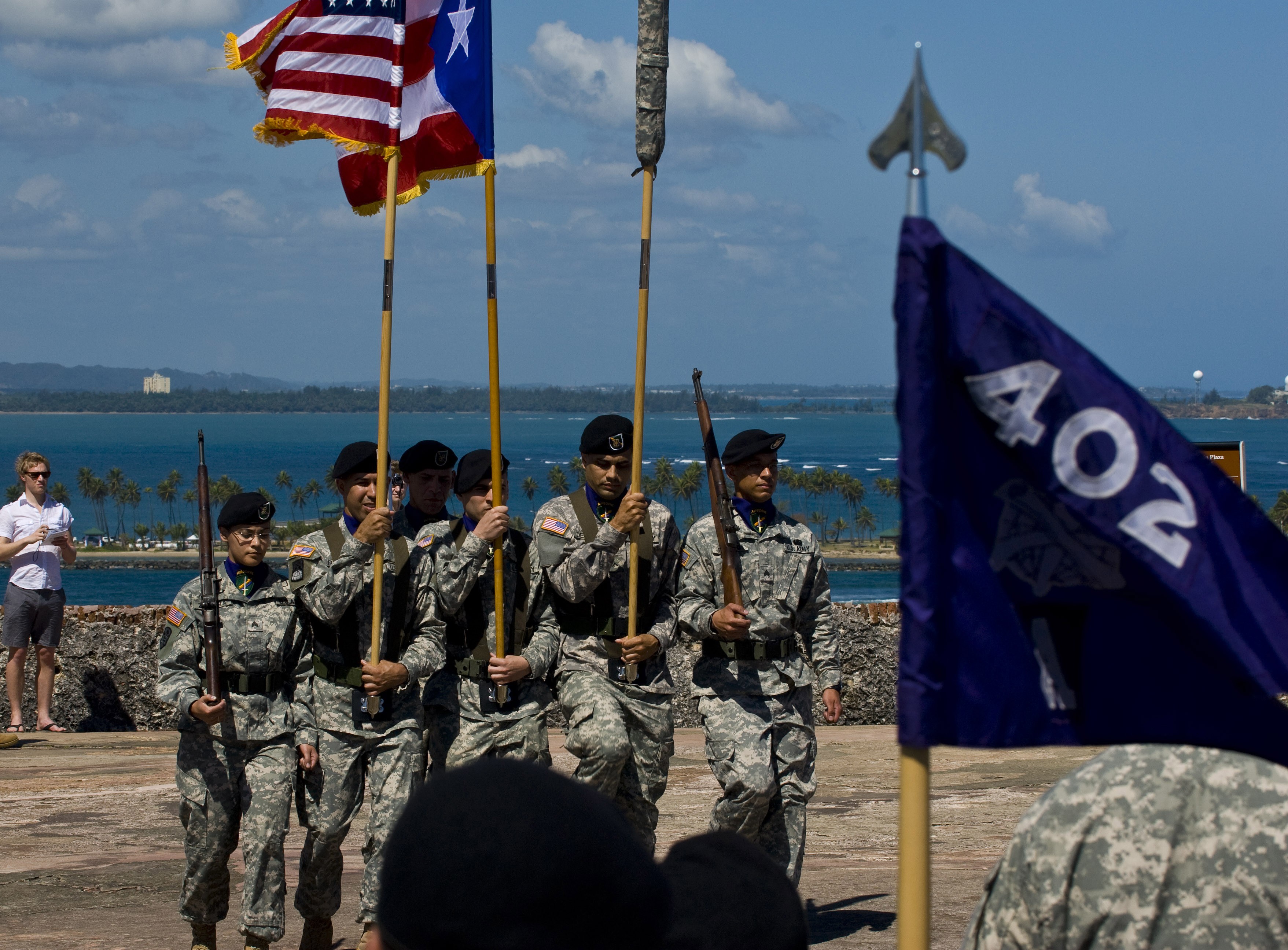
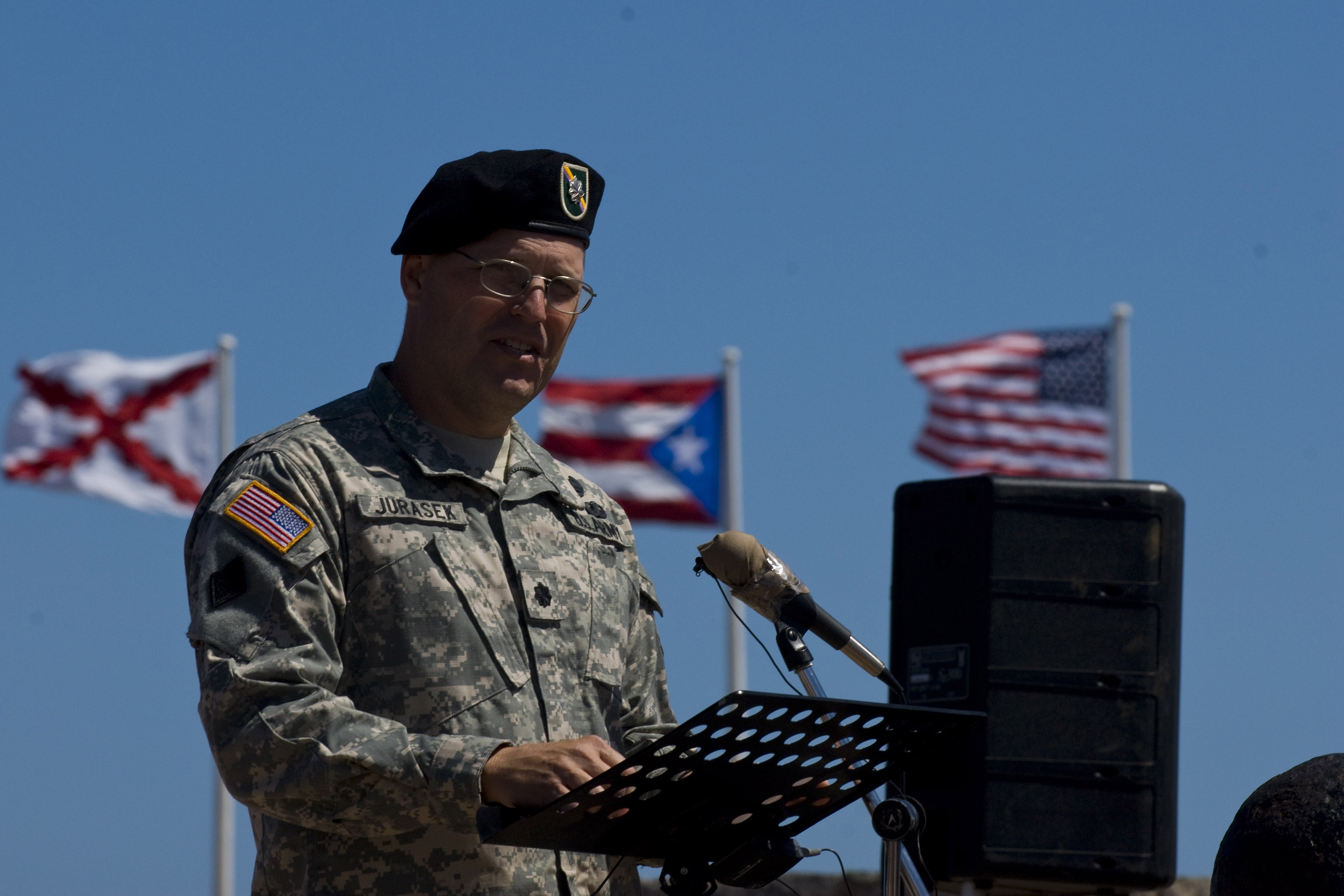



Social Sharing